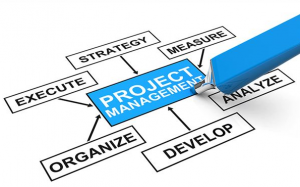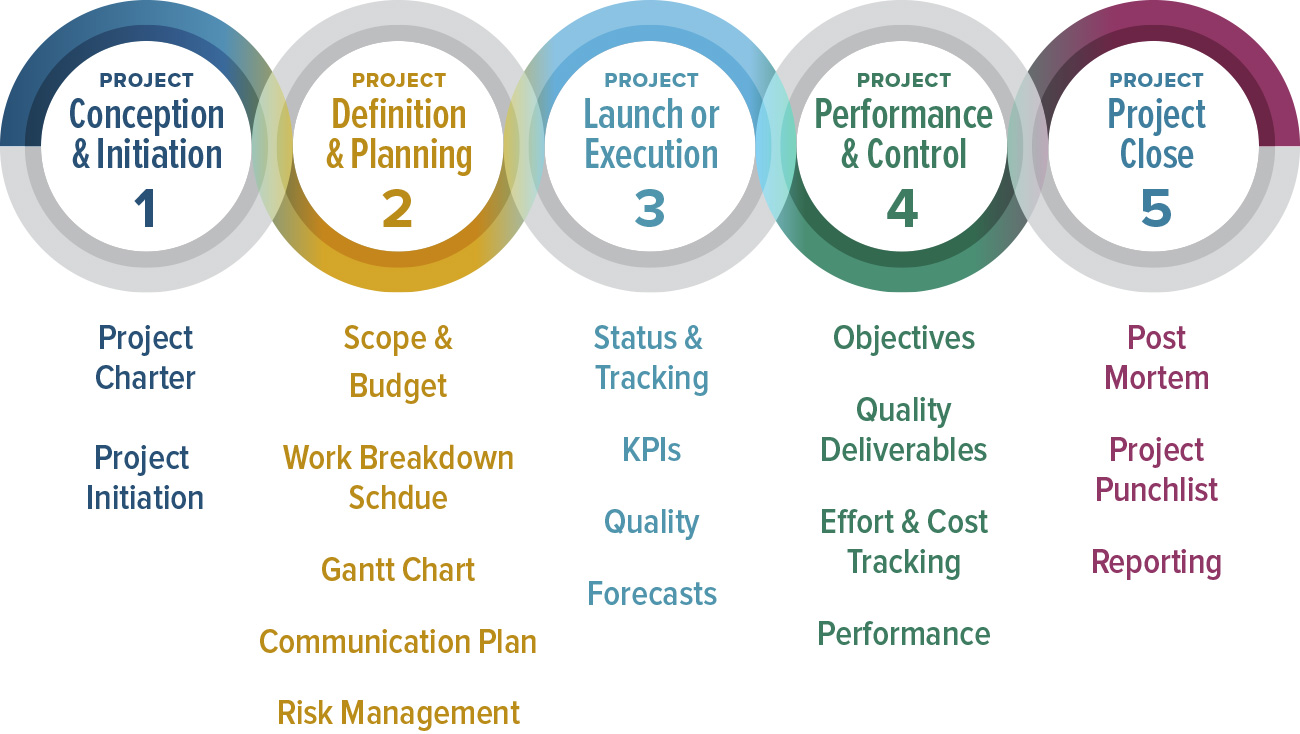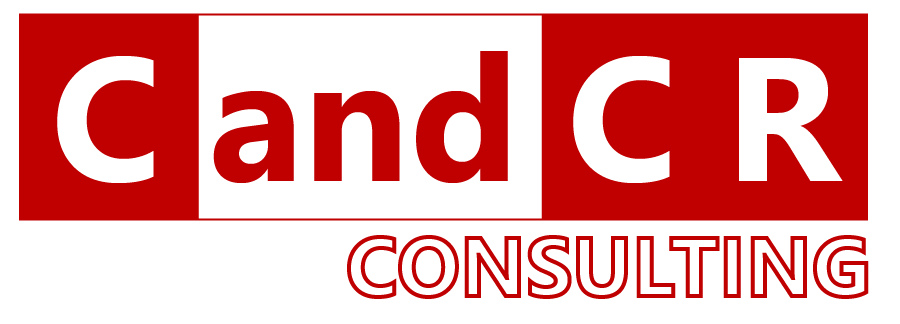
We all know what Project management is but to be honest few understand either the phases or in fact the different types of Project Management that can be used depending on the specific project C and CR Consulting are here to assist the understand what is involved with Project management and how it needs to differ from the day to day Company life.
A project is a temporary endeavour designed to produce a unique product, service or result with a defined beginning and end undertaken to meet unique goals and objectives, typically to bring about beneficial change or added value. The temporary nature of projects stands in contrast with business as usual (or operations), which are repetitive, permanent, or semi-permanent functional activities to produce products or services. In practice, the management of such distinct production approaches requires the development of distinct technical skills and management strategies.
C and CR Consulting so the primary challenge of project management to be achieving all of the project goals within the given constraints; which are normally Scope of requirements, time, quality and budget but the secondary and often more ambitious challenge is to optimize the allocation of necessary resources and inputs and apply them to meet pre-defined objectives.
C and CR Consulting feel that most projects fail because of the lack of understanding of the time and thought required to initiate and plan the project as a whole. These areas are quite often decided before a Project Manager is even involved; here at C and CR Consulting we feel that this method wastes time and a huge amount of skills that a good project manager should bring to the table. This said we do not feel at this early stages that the Project Manager is a decision maker but actually a facilitator of the process to make sure the management team do not miss key sections of the thought process out that will only need to be revisited further down the line with potential time and cost implications which can easily stop the project in its tracks until things are agreed or even derail the project permanently.
The process of directing and controlling a project from start to finish may be further divided into 5 basic phases:

There is a difference between the Project Management phases and the actual Project Phases that would be defined within the Planning Phase.
The Planning Phase is key to successful project management and focuses on developing a roadmap that everyone will follow. This phase typically begins with setting goals. Two of the more popular methods for setting goals are S.M.A.R.T. and CLEAR:

S.M.A.R.T. Goals – This method helps ensure that the goals have been thoroughly vetted. It also provides a way to clearly understand the implications of the goal-setting process.
Specific – To set specific goals, answer the following questions: who, what, where, when, which, and why.
Measurable – Create criteria that you can use to measure the success of a goal.
Attainable – Identify the most important goals and what it will take to achieve them.
Realistic – You should be willing and able to work toward a particular goal.
Timely – Create a timeframe to achieve the goal.

